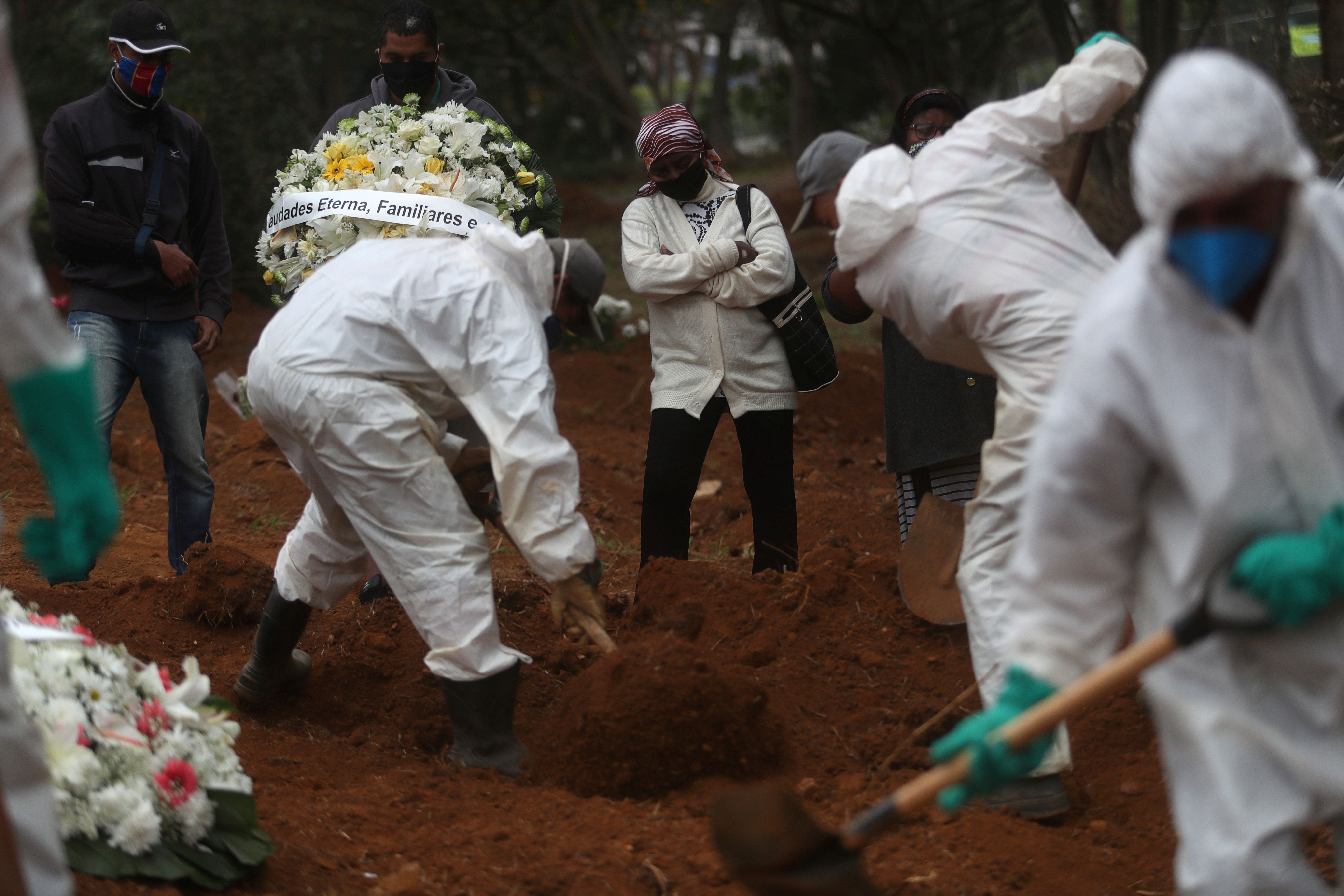Hard Numbers: New COVID hotspots, India's property disputes, black representation on corporate boards
2: Over the past 14 days, the number of countries that have reported a rising number of new coronavirus cases was twice as large as the number reporting a slowdown in case growth, according to a New York Times analysis. While the pandemic is slowing in early epicenters across Asia, Europe, and the US, new hotspots are fast emerging in Latin America, Africa and the Middle East. Developing countries are especially vulnerable.
80,000: As pandemic-related lockdowns in India forced millions of migrant workers to return to their home villages, property disputes are flaring up as the cash-strapped returnees squabble over resources. Officials in the northern Indian state of Uttar Pradesh recorded 80,000 property dispute cases in the first three weeks of May. That's nearly double the total number of cases between January and April.
37: According to a study by the media company Black Enterprise, 187 of the S&P 500 companies — about 37 percent — did not have a single black board member in 2019. That was a two percentage point improvement from the preceding year.
74: In a reflection of the disproportionate impact of the coronavirus crisis on people of color in the United States, 74 percent of black voters polled by the Financial Times said they'd taken a financial hit as a result of the pandemic, against 58 percent of white voters. A quarter of black respondents said they had lost their jobs, compared to 19 percent of white ones.
